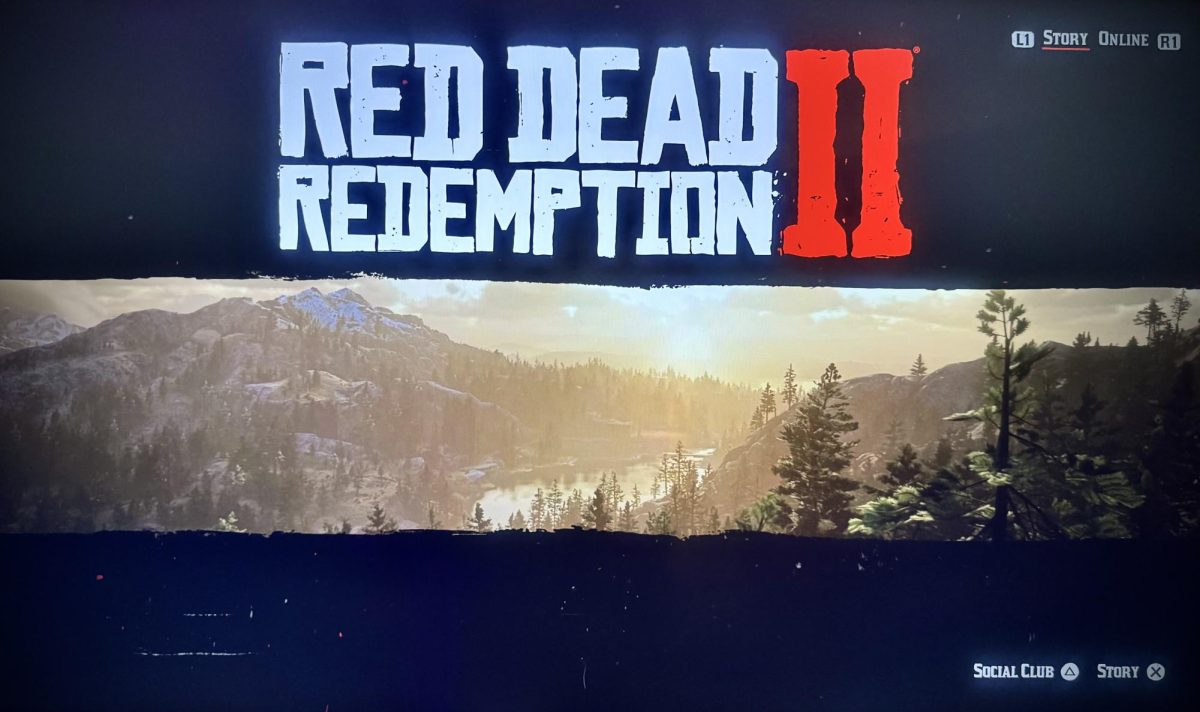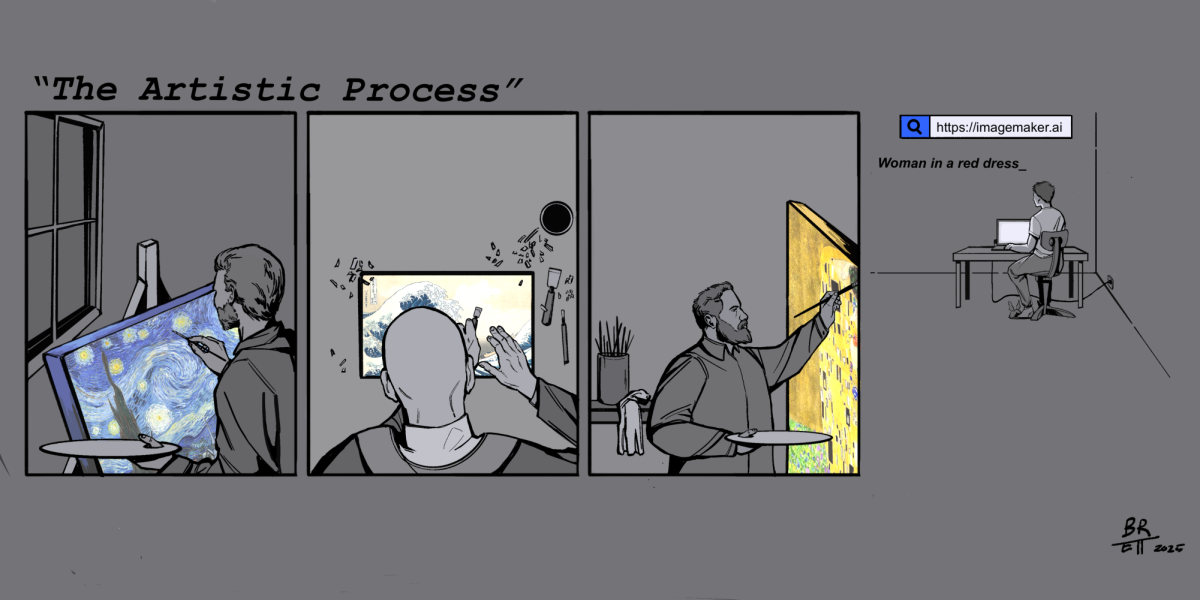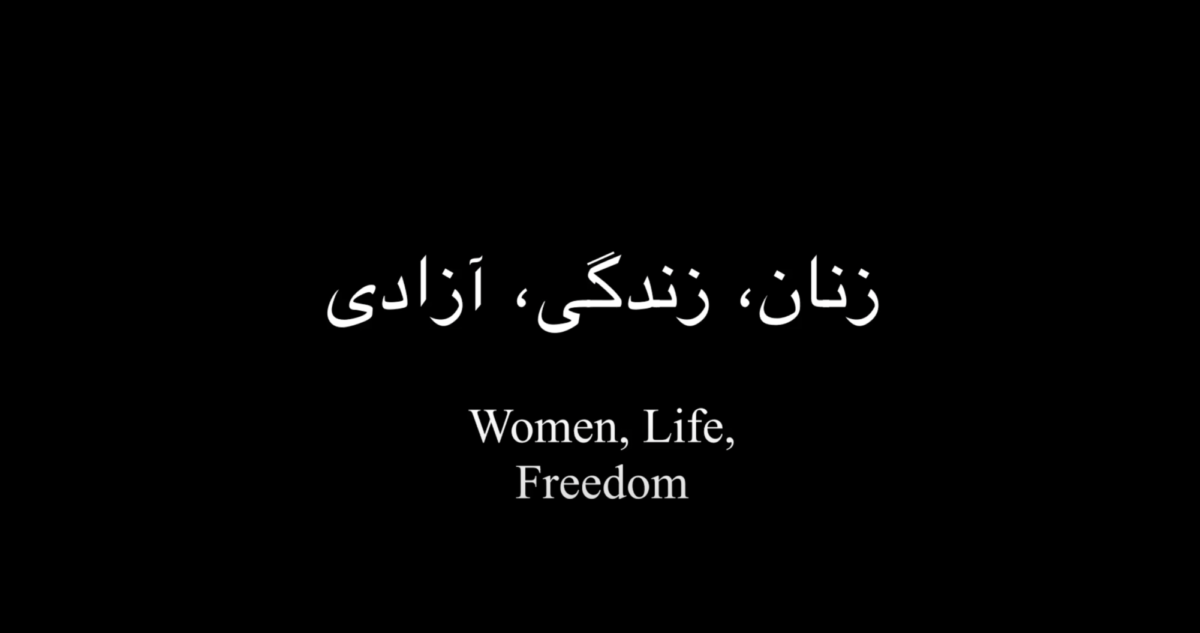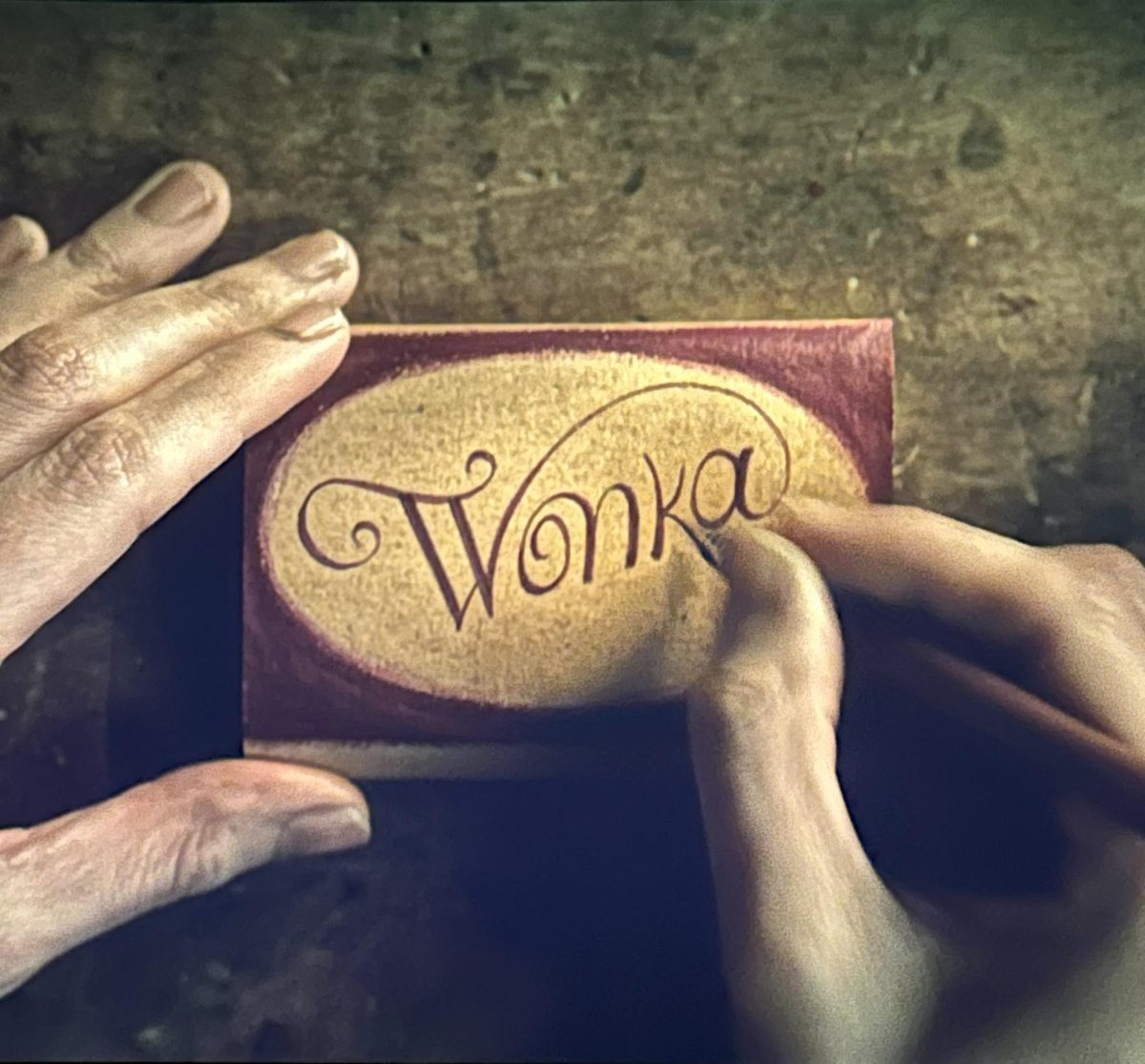“Prometheus stole fire from the gods and gave it to man. For this, he was chained to a rock and tortured for eternity.” This quote is represented throughout the story of J. Robert Oppenheimer, played by Cillian Murphy, who oversaw and contributed to the creation of the deadliest weapon in the world. For this, he is remembered as the destroyer of worlds, and the father of the atomic bomb. But how did this come to be?
The whole movie is centered and built around this quote, and is broken up into three different sections: The past and how Oppenheimer went from a stressed university student to the leader of the Manhattan Project, the investigation and decision about the renewal and eventual denial of Oppenheimer’s security clearance, and the Senate hearings in which Lewis Strauss was denied a seat in President Eisenhower’s cabinet due to his involvement in the former.
The first section of scenes that was mentioned— the past— is Oppenheimer’s backstory and how he became the human embodiment of Prometheus. The quote is then built upon again in the part of the movie dedicated to the investigation of Oppenheimer’s supposed Communist ties and for speaking out against the H-bomb. At these points, we see the second part of the quote taking place, that being: “…For this, he was chained to a rock and tortured for eternity.” Oppenheimer is beginning to be tortured by seeing the reactions of the world and feeling as if the blood of the people who died in Hiroshima and Nagasaki were on his hands. By the end of the investigation, his security clearance would be taken away. He no longer has a way to make money, since he can’t talk about the H-bomb or discuss details of the project anymore, and the “eternity” the quote spoke of is now reality for Oppenheimer.
A big part of this movie was the attention to detail— for example, the marbles. They signified two different things; the marbles in the fishbowl being the amount of uranium that was mined and refined, and the marbles in the wine glass represented the amount of plutonium that had been extracted. Not only did it help show the audience the scientists’ progress with the bombs, it also showed the time progression within the movie.
Something else that added depth and detail to the film was the use of sound to foreshadow the dropping of the bomb. The sound that was used throughout the movie was stomping, shown in the scene where Oppenheimer is making his speech in Los Alamos after the bomb was dropped on Hiroshima. For example, when Oppenheimer was fighting to keep his security clearance, he was being harshly interviewed and started getting overwhelmed. The stomping started slow and quiet, then became faster and louder as Oppenheimer was hammered with questions by the interviewer Strauss hired, Roger Robb (played by Jason Clarke). Then he reached his breaking point, there was a bright white light engulfing the scene, similar to the bomb test scene, then the stomping stopped. Another instance of this effect was used when Oppenheimer was seen having another conversation with Einstein. This time, it was about the fact that the calculations showed the possibility of the bomb igniting the atmosphere and destroying the world. In this scene, the stomping is heard, and is meant to signify the pressure Oppenheimer is feeling in this scene. This is a continuous theme seen throughout the scenes with the stomping in them.
Another very important detail was the lack of sound during the bomb test. The lack of sound was meant to increase tension because testing this bomb could’ve caused the end of the world. It’s also delayed to show the magnitude of the explosion because of how far away they are, and to recreate how it actually would’ve looked for the people there. Before the sound of the explosion is heard, Oppenheimer says something that was mentioned during an explicit scene with Jean, the woman he loved before he met Kitty; he read “and now I have become death, destroyer of worlds,” out of a Sanskrit book, then he is seen saying it before the sound of the bomb. This quote has now come full circle and brought my point back to the incredible amount of foreshadowing in this movie. In the moment with Jean, the quote had no significance, but as the movie went on, we can see how it became true.
A lot of connections are made throughout the movie due to the three timelines being strung together. In all of them, there are moments where Strauss is shown working against Oppenheimer. This started when Oppenheimer embarrassed Strauss in a General Advisory Committee meeting about risking U.S. security to export isotopes to Norway, and Strauss held a grudge against him for years. This grudge had such a enormous effect on Strauss that when it came time for renewal of Oppenheimer’s security clearance, he gave Oppenheimer’s security file to William Borden and had him write a letter claiming Oppenheimer was a communist.
Some of the claims made in the letter were that Oppenheimer is an agent of the Soviet Union between 1929 and 1942, and he gave information to the Soviets. The letter stated that he had been an espionage agent since 1942, and had been acting under a Soviet military policy. On top of this, during his time at Los Alamos, Edward Teller came up with the idea for the hydrogen bomb. Oppenheimer thought it wouldn’t work, but Strauss was completely against him, thinking the U.S. had to continue building their arsenal, so yet again they were butting heads about something. When Strauss was trying to get his security clearance renewed, it was brought to the Senate, and it was thought Strauss was going to keep his clearance, until Dr. David Hill was called into the Senate to testify against Strauss and shared the truth.
These reasons were personal vindictiveness against Oppenheimer, referring to the grudge Strauss has against him, and Strauss the one that initiated the investigation of Oppenheimer’s security clearance. In addition to this, Strauss made sure Oppenheimer was not interrogated by a Gray Board member, but by a prosecutor he hired. This was so Strauss could give direct instructions to him and pull information out of Oppenheimer and make him seem guilty to the Gray Board members. He also went after Oppenheimer because of their differences in judgement and opinion about how the H-bomb would effect and contribute to national security. After Dr. Hill brought these items up in the Senate, there was a vote for whether or not Strauss should continue to be on the cabinet. Strauss’ Senate aide said he would be fine and he would keep it, but it was ultimately decided he wouldn’t after three senators switched their votes. After his aide broke the news to him, Strauss had to step out of the office to face the press, and his aide made a comment before he opened the door.
“Since nobody really knows what they said to each other that day, it is possible they didn’t talk about you at all. It’s possible they spoke about something more important,” This is what Strauss’ Senate aide said while Strauss was complaining about not being a part of the cabinet anymore, and he ended up being right. At the beginning of the movie, Oppenheimer has a conversation with Einstein that isn’t audible to the audience. Strauss assumes it’s about him because as he’s approaching the two men, their conversation ends, and Einstein doesn’t address him as he walks away. Strauss also inferred Oppenheimer was turning the scientists against him one by one, and this was also brought up in the Senate by Dr. Hill. This lead to Strauss continuing his beliefs about the conversation between Oppenheimer and Einstein.
We learn at the end of the movie what the conversation actually consisted of Oppenheimer approaching Einstein with a piece of paper earlier in the movie, showing him the calculations of the possibility of destroying the world with the atomic bombs. Then Einstein said this: “Now it’s your turn to live with the consequences of your achievement. And one day, when they’ve punished you enough, they’ll serve salmon and potato salad, make speeches, give you a medal, pat you on the back and tell you all is forgiven, but it won’t be for you, it’ll be for them.” Oppenheimer then brought up the chain reaction the bomb could’ve caused, and said even though the bomb didn’t cause the atmosphere to ignite, it still caused a chain reaction, meaning he set off a chain reaction around the world to create this new weapon. This caused Einstein to ignore Strauss as he walked by, thus influencing Strauss’ thinking.
Throughout the entire movie, we see continuous foreshadowing using the sound of stomping to show which scenes were stressful from Oppenheimer’s perspective. Another theme we see is the reusal of quotes to show significance, an example being: “And now I have become death, the destroyer of worlds”. This was used during an explicit scene, seemingly meaning nothing at the time, but then used again before the sound of the bomb went off. Another repeating aspect is Strauss’ despisal for Oppenheimer, and also how he’s constantly working throughout the movie to discredit Oppenheimer’s work, as well as stop him from speaking about his opinion about the H-bomb. Strauss ended up succeeding, but he brought himself down as well.
The last continuous theme we see built upon throughout this movie is the quote, “Prometheus stole fire from the gods and gave it to man. For this, he was chained to a rock and tortured for an eternity”. This is an analogy for Oppenheimer creating the atomic bomb, and his version of the torture was everyone knowing it was him who created the bomb, killing hundreds of thousands of people. Another factor that played into his torture after trying to move on from the bomb was having his security clearance revoked. After this, he could no longer speak on topics of national security, meaning he had no way to make money. Another interesting point was made by Neils Bohr(played by Kenneth Branagh) when he and Oppenheimer were alone in Los Alamos, he said, “You’re an American Prometheus, father of the atomic bomb. The man who gave them the power to destroy themselves”. But being the “American Prometheus” had its consequences; the rock Oppenheimer is chained to is the atomic bomb. Everyone knows he’s the creator, it’s something he had to live with the rest of his life, and he’s carried his reputation on even in death.













































